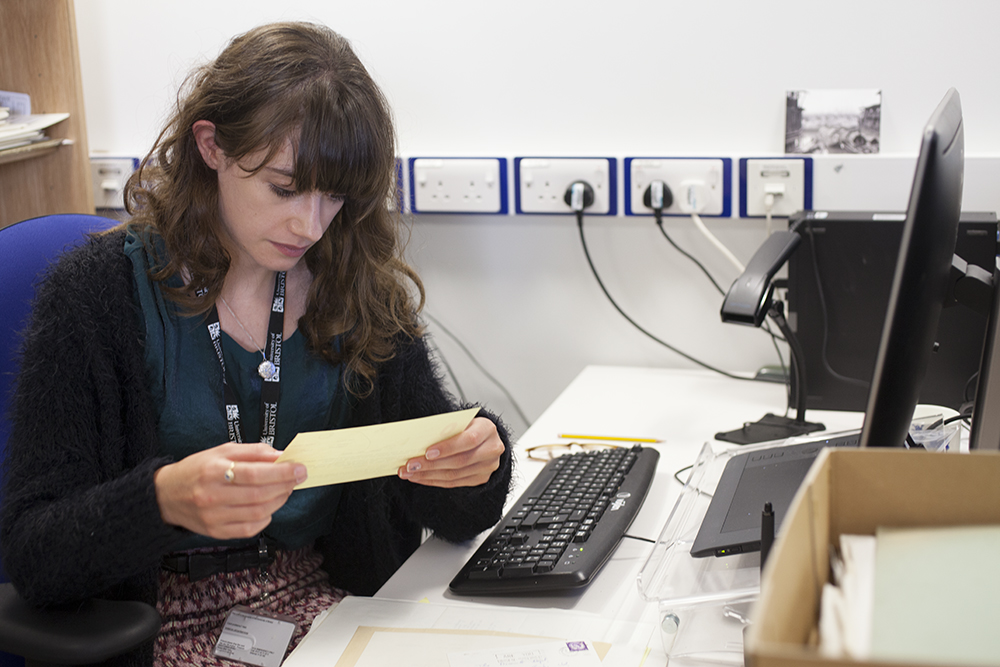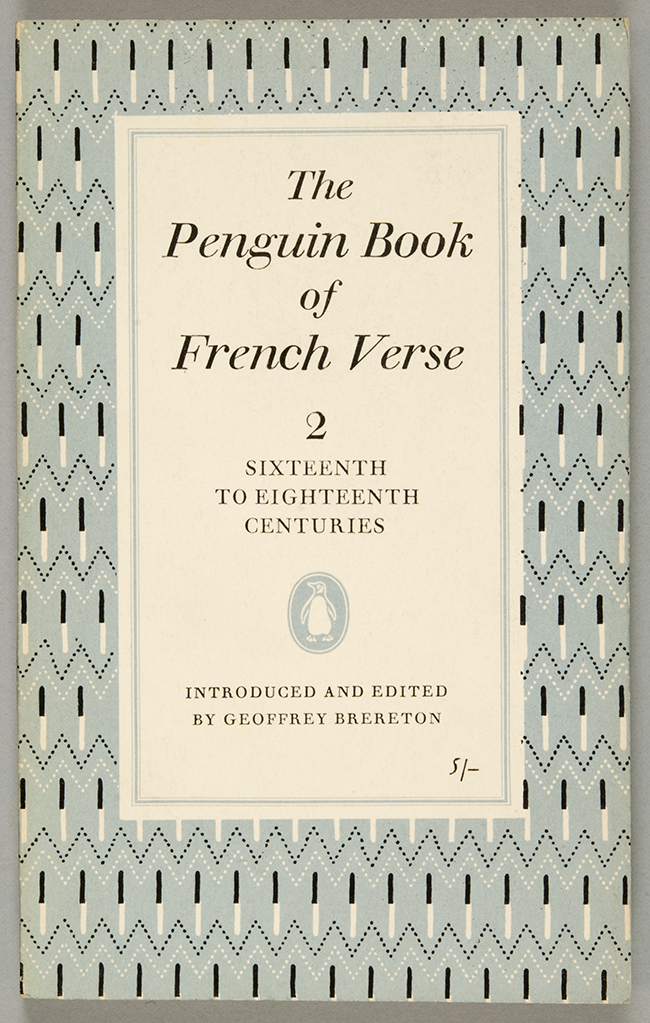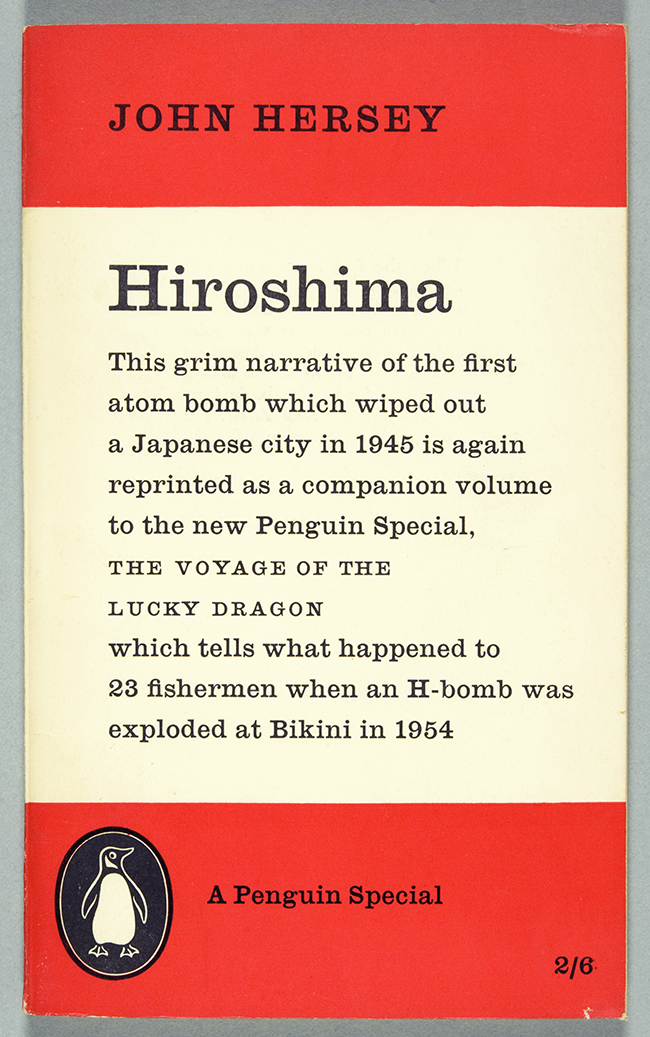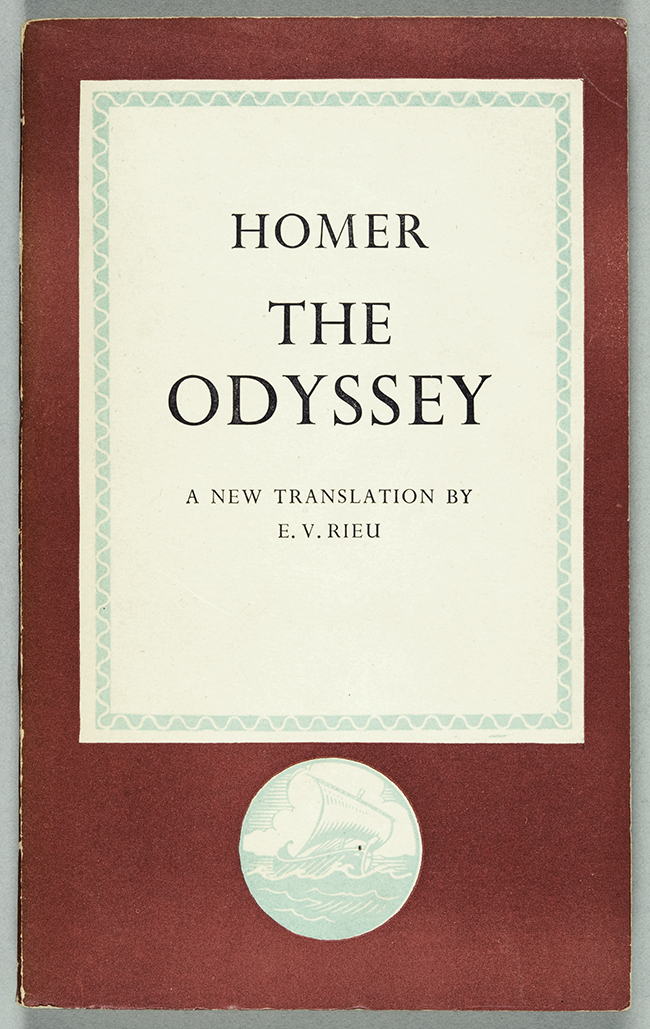
Evie Porat cataloguing part of the Penguin Archive, July 2017. Photograph by Jamie Carstairs.
This summer I spent a fantastic ten weeks working as an intern with Special Collections, based in the Arts and Social Sciences Library. The main purpose of the internship was to catalogue various series of the Penguin Archive, and put them online to make them more accessible to researchers. However, there were tasks associated with the job, and no two days were the same. Supervising the reading room, helping researchers in finding relevant material and fetching boxes from the archive were all regular duties. I also had the opportunity to assist with and learn more about digitisation, to sort ephemera from the recent General Election, and to help with an exhibition of Special Collections sources on the history of the University, held at Royal Fort House.
As mentioned above, the main project I worked on was cataloguing the Penguin Archive. The Archive includes editorial files for books published from 1935 to the early 1990s. I worked on cataloguing several series: the Penguin African Library, Penguin Classics, the Penguin English Library, Penguin Poetry and Penguin Specials. The extents of these series vary greatly: for example, the English Library comprises only 7 boxes, whereas Penguin Poetry consists of 55 boxes.
 Cataloguing these files required a great deal of concentration and attention to detail, maintained over long periods. There were other challenges, too: getting to grips with the house style, working out how to list files that didn’t follow the usual format and learning how to use the cataloguing software, CALM.
Cataloguing these files required a great deal of concentration and attention to detail, maintained over long periods. There were other challenges, too: getting to grips with the house style, working out how to list files that didn’t follow the usual format and learning how to use the cataloguing software, CALM.

A key lesson I learnt during the internship was of the necessity of resisting the urge to get drawn into the history detailed in each file. All the series are fascinating, and I could have easily spent hours reading correspondence with some of the Beat poets (DM1107/D78), or poring over Bertrand Russell’s correspondence with John F. Kennedy and Nikita Khrushchev regarding the Cuban Missile Crisis (DM1107/S220). By maintaining a level of detachment, however, I managed to catalogue 121 boxes of files during the period of the internship.
As well as being educational, the internship provided me with great practical experience. As a result of my time with Special Collections, I am convinced that a career as an archivist is the right path for me, and I will be applying for a Master’s degree in Archives and Records Management.
 One of the things that made my time with Special Collections so worthwhile was all the help and advice I received from the department’s staff, who were all incredibly generous with their time. I am very grateful for the excellent experience they gave me, and should a similar opportunity be advertised again, I would not hesitate to recommend it to anyone who is considering a career as an archivist.
One of the things that made my time with Special Collections so worthwhile was all the help and advice I received from the department’s staff, who were all incredibly generous with their time. I am very grateful for the excellent experience they gave me, and should a similar opportunity be advertised again, I would not hesitate to recommend it to anyone who is considering a career as an archivist.
Evie Porat
